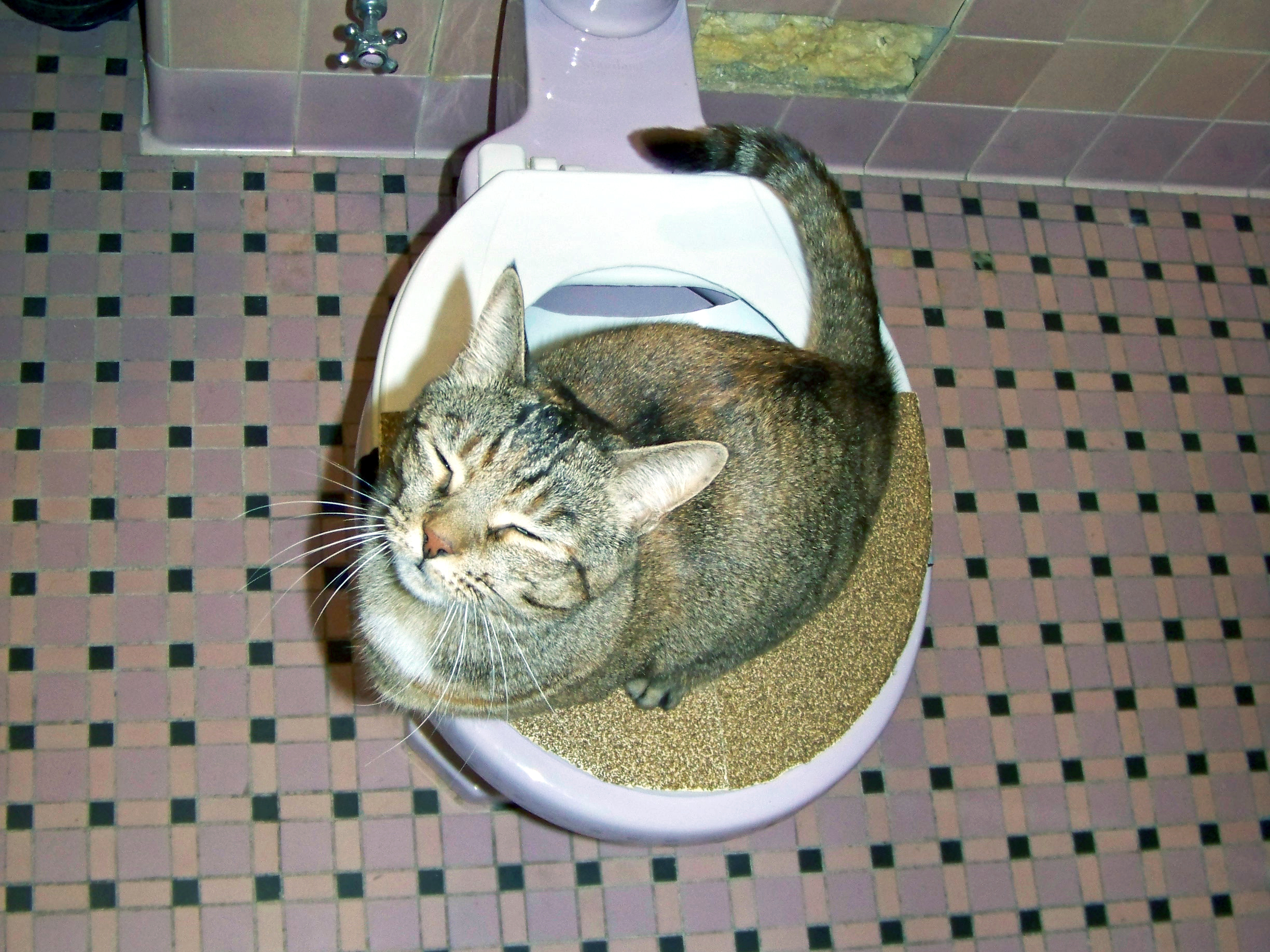Avoid Clogs and Damage: Don't Flush Cat Poop Down Your Toilet - Professional Recommendations
Avoid Clogs and Damage: Don't Flush Cat Poop Down Your Toilet - Professional Recommendations
Blog Article
The publisher is making a number of great pointers on Don’t flush cat feces down the toilet as a whole in the content followed below.

Introduction
As cat proprietors, it's necessary to be mindful of just how we get rid of our feline buddies' waste. While it might seem convenient to purge cat poop down the toilet, this method can have harmful effects for both the atmosphere and human health.
Alternatives to Flushing
Luckily, there are safer and extra accountable means to get rid of cat poop. Think about the complying with choices:
1. Scoop and Dispose in Trash
The most usual method of taking care of cat poop is to scoop it right into a biodegradable bag and toss it in the garbage. Make sure to make use of a devoted clutter scoop and take care of the waste quickly.
2. Usage Biodegradable Litter
Opt for naturally degradable pet cat litter made from materials such as corn or wheat. These clutters are environmentally friendly and can be safely taken care of in the garbage.
3. Hide in the Yard
If you have a yard, think about hiding pet cat waste in a designated area far from veggie gardens and water sources. Make sure to dig deep adequate to avoid contamination of groundwater.
4. Set Up a Pet Waste Disposal System
Buy a pet waste disposal system especially made for cat waste. These systems utilize enzymes to break down the waste, minimizing smell and ecological impact.
Health Risks
Along with ecological concerns, flushing feline waste can likewise posture wellness risks to humans. Cat feces may have Toxoplasma gondii, a parasite that can trigger toxoplasmosis-- a possibly extreme ailment, particularly for expecting females and individuals with damaged body immune systems.
Environmental Impact
Purging pet cat poop presents hazardous microorganisms and parasites right into the water system, presenting a considerable threat to marine ecosystems. These contaminants can adversely affect aquatic life and concession water top quality.
Final thought
Accountable animal possession prolongs beyond supplying food and shelter-- it likewise involves appropriate waste administration. By avoiding flushing feline poop down the bathroom and going with alternative disposal techniques, we can decrease our ecological impact and shield human health.
Why You Should Never Flush Cat Poop Down the Toilet
A rose by any other name might smell as sweet, but not all poop is created equal. Toilets, and our sewage systems, are designed for human excrement, not animal waste. It might seem like it couldn’t hurt to toss cat feces into the loo, but it’s not a good idea to flush cat poop in the toilet.
First and foremost, assuming your cat uses a litter box, any waste is going to have litter on it. And even the smallest amount of litter can wreak havoc on plumbing.
Over time, small amounts build up, filling up your septic system. Most litter sold today is clumping; it is made from a type of clay that hardens when it gets wet. Ever tried to scrape old clumps from the bottom of a litter box? You know just how cement-hard it can get!
Now imagine just a small clump of that stuck in your pipes. A simple de-clogger like Drano isn’t going to cut it. And that means it’s going to cost you big time to fix it.
Parasitic Contamination
Believe it or not, your healthy kitty may be harboring a nasty parasite. Only cats excrete Toxoplasma in their feces. Yet it rarely causes serious health issues in the cats that are infected. Most people will be fine too if infected. Only pregnant women and people with compromised immune systems are at risk. (If you’ve ever heard how women who are expecting are excused from litter cleaning duty, Toxoplasma is why.)
But other animals may have a problem if infected with the parasite. And human water treatment systems aren’t designed to handle it. As a result, the systems don’t remove the parasite before discharging wastewater into local waterways. Fish, shellfish, and other marine life — otters in particular — are susceptible to toxoplasma. If exposed, most will end up with brain damage and many will die.
Depending on the species of fish, they may end up on someone’s fish hook and, ultimately on someone’s dinner plate. If that someone has a chronic illness, they’re at risk.
Skip the Toilet Training
We know there are folks out there who like to toilet train their cats. And we give them props, it takes a lot of work. But thanks to the toxoplasma, it’s not a good idea.
:max_bytes(150000):strip_icc()/0S1A1090-49a8e2c66f8e41d6901f2559787a7f24.jpg)
Do you like more info about How to Dispose of Cat Poop and Litter Without Plastic Bags? Leave feedback further down. We would be delighted to hear your opinions about this post. In hopes that you come back again soon. Make sure you take the opportunity to distribute this entry if you appreciated it. I am grateful for your time. Don't forget to come by our blog back soon.
Call Today Report this page